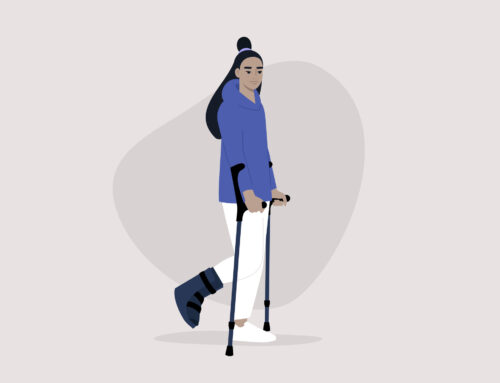9 Questions to Ask Before Implementing Drug Testing
Shawnee Love •
April 16, 2012
I have been working on the pros and cons of drug testing over the last couple of weeks. If you are still in favour of drug testing for your workplace, here are some questions to ask yourself when building your drug testing policy:
- Is your company considered a “safety sensitive” or hazardous workplace? If yes, drug testing may be for you. If not, rethink.
- Is drug testing necessary for a legitimate work related purpose (e.g., safety)? if yes, proceed.
- Are you in Alberta? If yes, you may even be able to do pre-employment drug testing, something typically not supported in the rest of the country. If not, pre-employment testing is much much more difficult.
- Are there alternatives to drug testing that you can use? If no, be ready to prove it and proceed.
- Will you only do drug testing when necessary? If yes, proceed.
- What are you going to do if the results come back positive? i.e., Are you prepared to accommodate an employee who is addicted to drugs to the point of undue hardship? (A drug addiction is considered a medical disability meaning that human rights laws across the country will require you to accommodate an addicted employee. Accommodations may include time off for treatment and rehabilitation, rehabilitation plans, transfers to different crews, flexible schedules, etc.) Interestingly, “recreational use” isn’t protected by Human Rights legislation and you have no duty to accommodate in this situation so be clear about and be sure to define what recreational vs. addicted looks like in your policy.
- Have you chosen a reliable test that provides proof of current impairment (or proves past impairment only if acceptable for your circumstances)? If yes, proceed.
- What are you going to do if the drug test comes back with more information than you want, e.g., it identifies a pregnancy, a kidney disease, or the presence of medications which are sending your benefits costs through the roof? It is important to note that use of this type of information is generally prohibited by Human Rights legislation. Since the mere perception that you acted due to learning this type of information is grounds for a human rights claim, there is significant risk involved to learning this information. Are you sure you want to proceed?
- How are you going to balance the privacy rights of the individuals when conducting a drug test? E.g., are you collecting the “personal information” in the least invasive method possible to get accurate results, how are you going to use it, store it, and destroy it once its use has expired?
All of this being said, implement drug testing at your own risk. Get good advice on your circumstances and build your policy and practices around drug testing very, very carefully.




